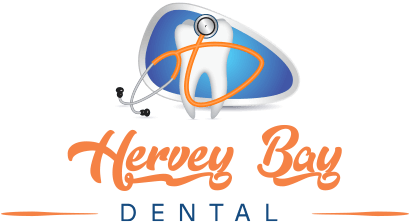 Ever wince in pain after taking a bite of ice cream or sipping a spoonful of hot soup? If yes, you’re not alone. Tooth sensitivity, which is very common, can be painful and frustrating. It often occurs when the protective enamel on your teeth wears down or when gums recede, exposing the underlying dentin. This can lead to discomfort or sharp pain when consuming hot, cold, sweet, or acidic foods and beverages.
Ever wince in pain after taking a bite of ice cream or sipping a spoonful of hot soup? If yes, you’re not alone. Tooth sensitivity, which is very common, can be painful and frustrating. It often occurs when the protective enamel on your teeth wears down or when gums recede, exposing the underlying dentin. This can lead to discomfort or sharp pain when consuming hot, cold, sweet, or acidic foods and beverages.
Understanding the root cause of your tooth sensitivity is the first step in managing it effectively.
Helpful Home Remedies
There are several steps you can take at home to alleviate tooth sensitivity. Dentist Dr Felipe offers the following tips that can help reduce discomfort:
Use a Desensitising Toothpaste: Choose a toothpaste specifically formulated for sensitive teeth. These products contain compounds that help block the transmission of sensation from the tooth surface to the nerve.
Avoid Acidic Foods and Beverages: Limit your intake of acidic foods and drinks, such as citrus fruits, soda, and wine, which can erode tooth enamel and exacerbate sensitivity.
Maintain Good Oral Hygiene: Brush and floss regularly to prevent gum recession and tooth decay. Use a soft-bristled toothbrush to avoid damaging your enamel and gums.
Use a Fluoride Mouthwash: Fluoride can help strengthen tooth enamel and reduce sensitivity. Incorporate a fluoride mouthwash into your daily oral care routine.
When to Visit the Dentist
While home remedies can provide temporary relief, it’s crucial to visit your dentist if your tooth sensitivity persists or worsens. Professional treatment options can address the underlying causes more effectively.
According to Dr Felipe, “If you’ve tried managing sensitivity at home without success, it’s essential to consult with your dentist. They can offer treatments like fluoride varnishes, dental sealants, or bonding agents to protect your teeth and reduce sensitivity.”
Tooth sensitivity can significantly impact your quality of life, but it doesn’t have to. Contact Hervey Bay Dental today to schedule an appointment.
Any invasive or surgical procedure may carry risks. Before moving forward, it is recommended that you seek a second opinion from an appropriately licensed medical professional.
